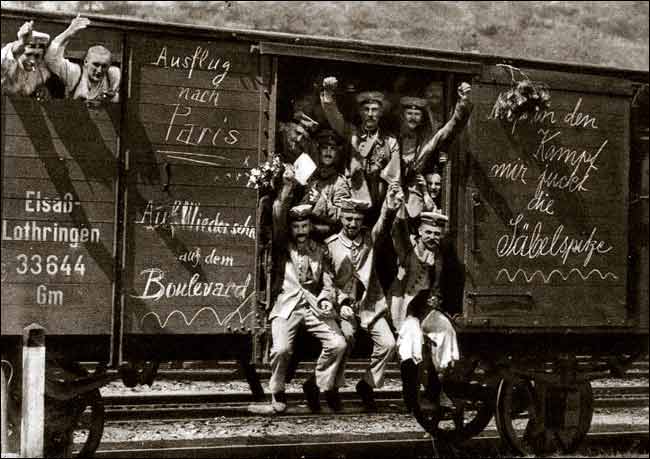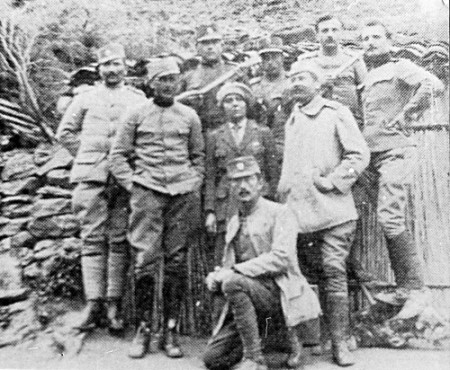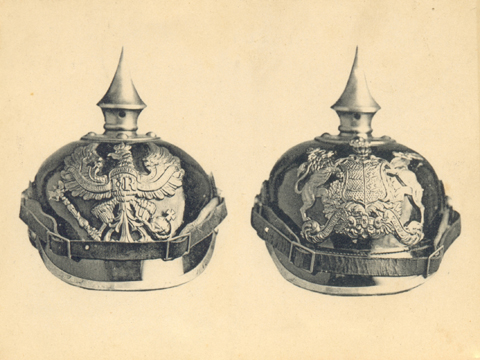
CAMBRIDGE – This year marks the hundredth anniversary of a transformative event of modern history. World War I killed some 20 million people and ground up a generation of Europe’s youth. It also fundamentally changed the international order in Europe and beyond.
Indeed, WWI destroyed not only lives, but also three empires in Europe – those of Germany, Austria-Hungary, and Russia – and, with the collapse of Ottoman rule, a fourth on its fringe. Until the Great War, the global balance of power was centered in Europe; after it, the United States and Japan emerged as great powers. The war also ushered in the Bolshevik Revolution of 1917, prepared the way for fascism, and intensified and broadened the ideological battles that wracked the twentieth century.
How could such a catastrophe happen? Shortly after the war broke out, when German Chancellor Theobald von Bethmann-Hollweg was asked to explain what happened, he answered, “Oh, if I only knew!” Perhaps in the interest of self-exoneration, he came to regard the war as inevitable. Similarly, the British Foreign Minister, Sir Edward Grey, argued that he had “come to think that no human individual could have prevented it.”




